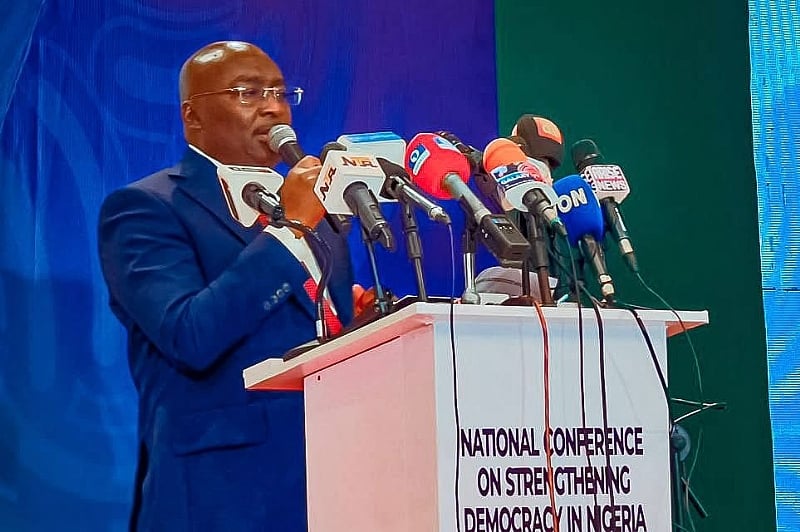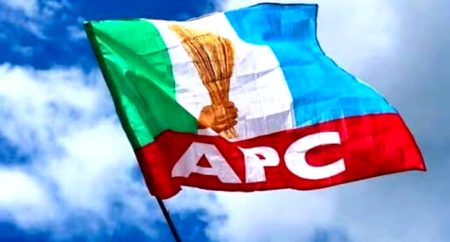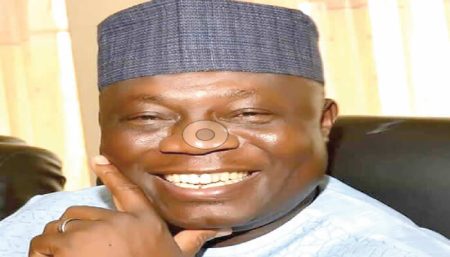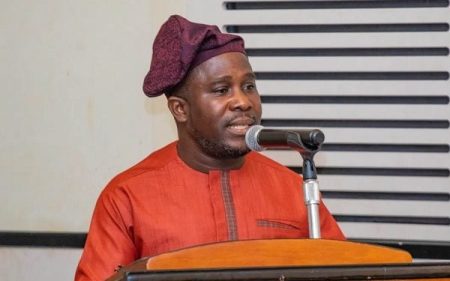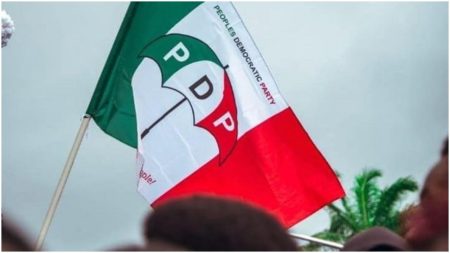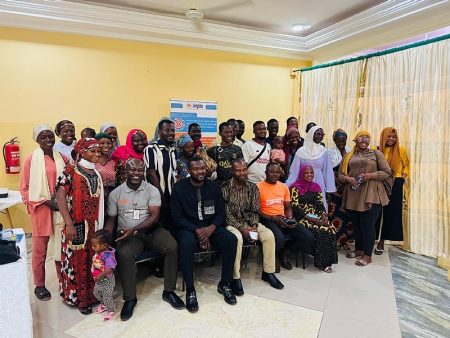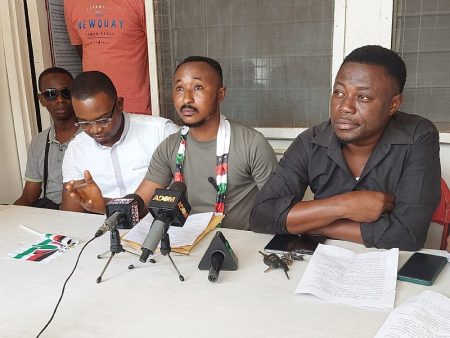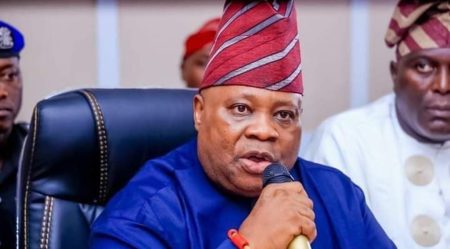The political landscape of Ghana witnessed a clash of ideologies and priorities as former Vice President Dr. Mahamudu Bawumia challenged President John Dramani Mahama’s decision to revoke appointments and recruitments made after December 7, 2024. This directive, issued by Chief of Staff Julius Debrah, mandated the cancellation of all appointments made after the specified date, citing a lack of adherence to established governance protocols. The directive also required heads of government institutions to submit comprehensive reports on their operations by February 17, 2025, further intensifying the scrutiny on the outgoing administration’s actions. This move sparked a heated debate about job security, political motivations, and the responsibilities of a transitioning government.
Dr. Bawumia, the 2024 New Patriotic Party (NPP) flagbearer, criticized the decision as a stark contradiction to the promises made by the Mahama administration during its campaign, which centered on job creation and economic empowerment. He argued that dismissing workers, thereby rendering them unemployed, was a betrayal of the very people the government claimed to represent. In an open letter addressed to President Mahama, Dr. Bawumia emphasized the irony of a government, elected on the platform of job creation, actively contributing to unemployment by revoking existing appointments. He asserted that the incoming administration’s responsibility should be to expand employment opportunities, addressing the pervasive unemployment challenges, rather than diminishing the limited prospects available to citizens.
Dr. Bawumia’s letter further underscored the human impact of these revocations. He highlighted the devastating consequences for individuals and families who relied on these jobs for their livelihoods. The loss of income, he argued, would not only create financial hardship but also undermine the dignity and self-sufficiency of those affected. He questioned the rationale behind dismissing individuals who were contributing their skills and talents to national development, emphasizing the detrimental impact on individual well-being and societal progress.
The government, through Felix Kwakye Ofosu, the Minister of Government Communications, defended its actions by asserting that the appointments in question were made hastily and without due process, potentially jeopardizing transparency and accountability. Some appointments, according to the government, even bypassed the required vetting procedures, raising concerns about the integrity of the selection process. This justification framed the revocations as a necessary measure to ensure adherence to established norms and prevent potential abuses of power during the transition period.
However, this explanation failed to appease critics who saw the move as politically motivated, an attempt to undermine the previous administration’s legacy and create vacancies for political loyalists. The timing of the directive, coming shortly after the change in administration, further fueled suspicions of a politically driven agenda. The debate highlighted the complex intersection of politics, governance, and employment, with both sides presenting compelling arguments for their respective positions.
The clash between the incoming and outgoing administrations over appointments brought to the forefront critical questions about the ethical considerations and practical implications of such decisions during transitions of power. The competing narratives underscored the need for clear guidelines and transparent processes to govern appointments and ensure fairness and stability for employees while upholding the principles of good governance. The debate also highlighted the delicate balance between political expediency and the welfare of citizens, raising questions about the long-term consequences of such actions on public trust and the overall stability of the nation’s workforce.





